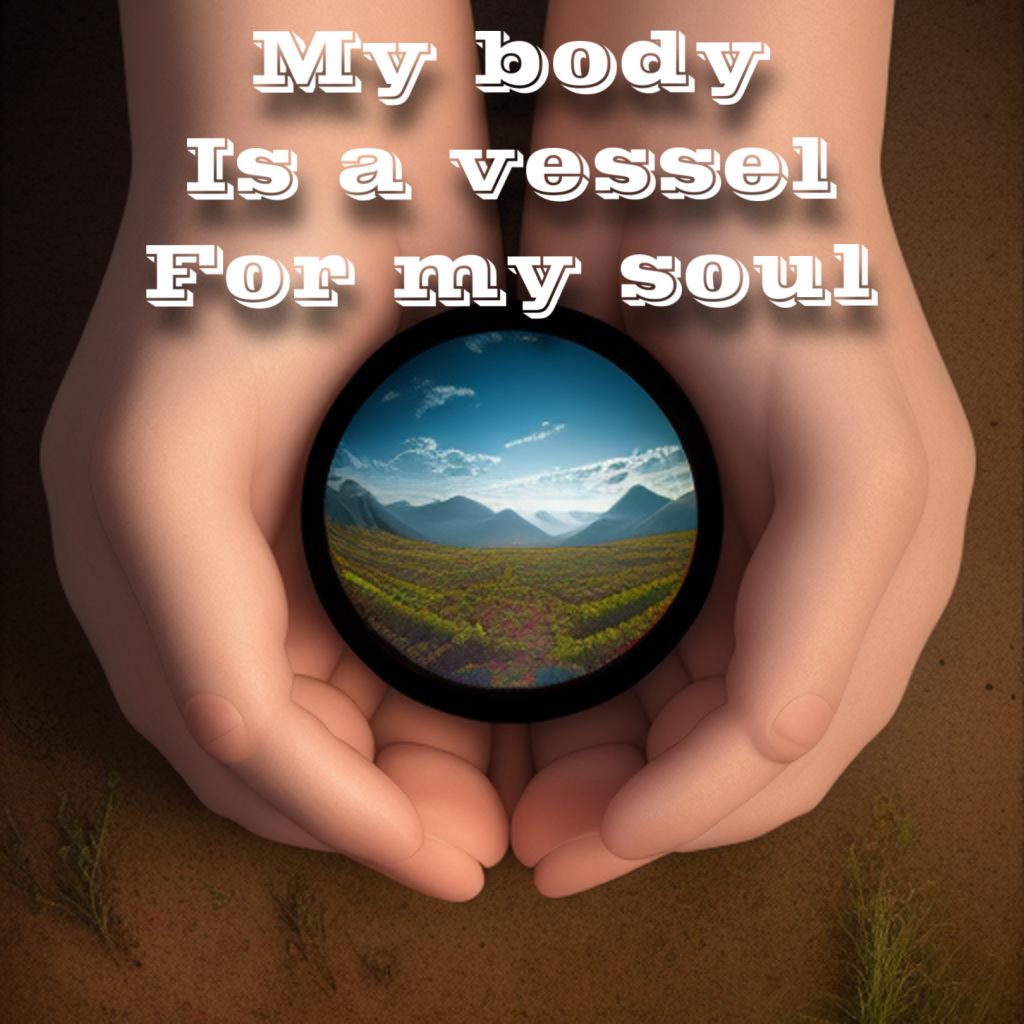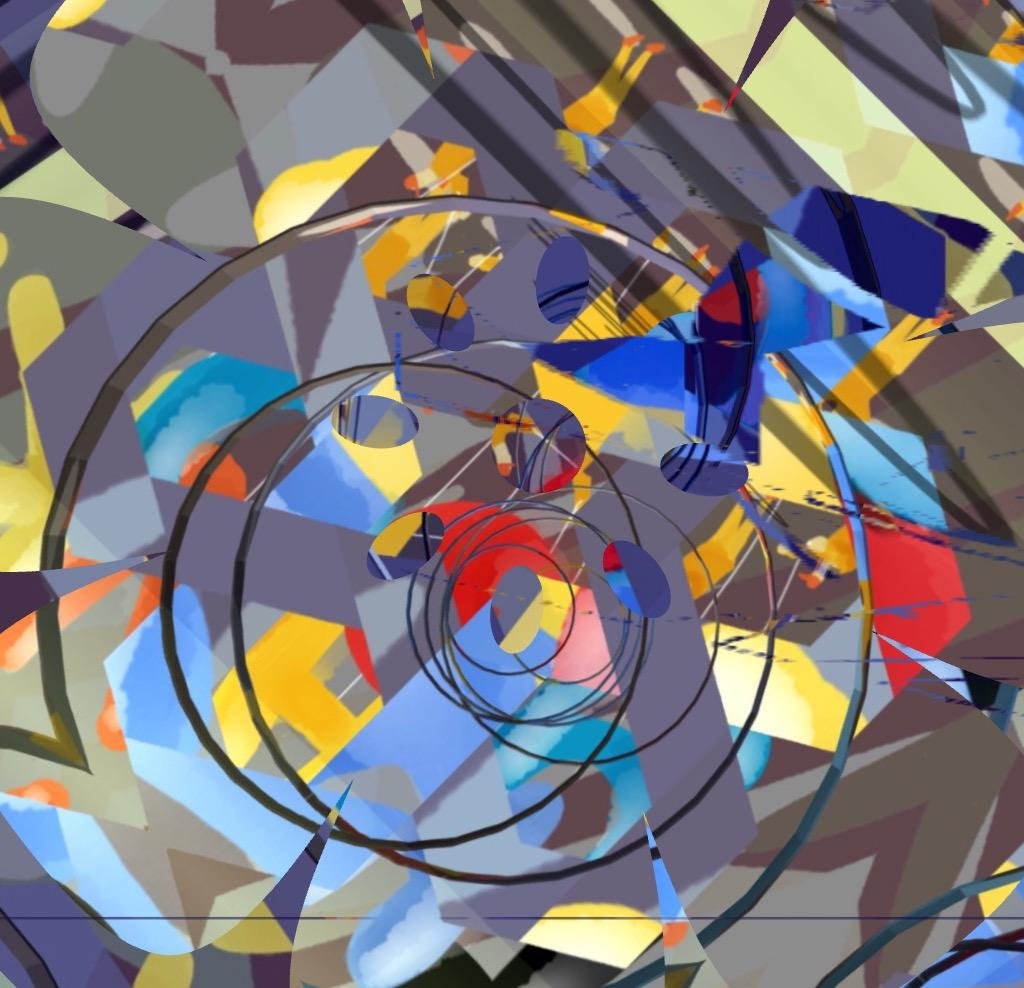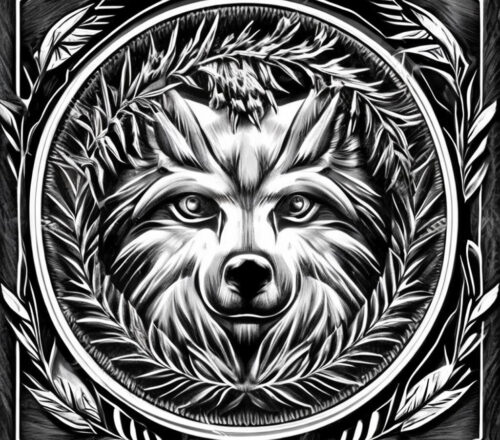
Table of Contents
The soul and its relationship to the human body
The concept of the soul and its relationship to the human body is a topic that has been debated and explored by various philosophical, religious, and spiritual traditions. Views on the nature of the soul can differ greatly across cultures and belief systems.
In many spiritual and religious traditions, the soul is considered to be the essence or spiritual aspect of a person, often associated with consciousness, identity, and the capacity for moral and ethical choices. It is believed to exist independently of the physical body and is seen as eternal or transcendent.
According to these beliefs, the soul is thought to enter the body at birth and continue its journey beyond physical death. It is seen as the seat of emotions, intellect, and spiritual growth. The body, on the other hand, is considered a temporary vessel or vehicle through which the soul experiences the physical world.
However, it’s important to note that views on the nature of the soul vary significantly across different cultures, religious traditions, and philosophical perspectives. Some belief systems may not adhere to the concept of a separate soul or may have alternative interpretations of its existence and relationship to the body.
Ultimately, the nature of the soul and its connection to the body remains a deeply personal and subjective belief that varies among individuals and cultures. It is a topic that has been contemplated and debated throughout human history, and different perspectives continue to coexist in our diverse world.
Views on the nature of the soul and its relationship to the body
Brief overview of some different views on the nature of the soul and its relationship to the body from various philosophical, religious, and spiritual traditions. It’s important to note that these are general summaries and that there can be further nuances and variations within each belief system:
Dualism
Dualistic views, such as those espoused by René Descartes, posit a clear separation between the soul (mind) and the body. They suggest that the soul is a non-physical entity that interacts with the physical body but exists independently of it. Dualism often implies that the soul is immortal and can exist beyond bodily death.
Monism
Monistic views propose that there is no distinct separation between the soul and the body. Instead, they see the soul as an inseparable aspect of the physical body or as an emergent property of it. In monism, the mind and body are interconnected, and the soul is not seen as a separate entity but rather as an aspect of consciousness or subjective experience.
Reincarnation
Many belief systems, such as certain branches of Hinduism, Buddhism, and some New Age philosophies, hold the concept of reincarnation. They suggest that the soul is eternal and undergoes a cycle of birth, death, and rebirth. The soul is believed to take on different physical bodies in successive lives, based on the accumulation of karma or spiritual progression.
Atheistic Views
Some atheistic or materialistic perspectives reject the concept of a soul altogether. They argue that consciousness and subjective experience are emergent properties of complex physical processes within the brain. According to these views, there is no separate soul, and our existence is solely rooted in the physical body.
Cultural and Religious Variations
Different cultures and religious traditions have their own unique beliefs about the soul. For example, Abrahamic religions like Christianity, Islam, and Judaism often hold that the soul is created by a divine being and that it will face judgment and an afterlife. Indigenous and animistic beliefs may see the soul as interconnected with the natural world and all living beings.
Pantheism
Pantheistic views hold that the entire universe, including all living beings and inanimate objects, is interconnected and part of a divine or universal consciousness. In this framework, the soul is seen as an individualized expression of this universal consciousness and is not separate from the rest of existence.
Non-Dualism
Non-dualistic perspectives, such as those found in Advaita Vedanta and certain forms of mysticism, emphasize the idea of non-separation and oneness. They suggest that the ultimate reality is devoid of distinctions and that the soul is an illusory concept arising from the perception of duality. In this view, there is no separate self or individual soul.
Secular Humanism
Secular humanism is an atheistic or agnostic worldview that places human values, reason, and ethical principles at the center. From this perspective, the concept of the soul is seen as a metaphorical or symbolic representation of the uniqueness and inherent worth of individuals, rather than a literal entity.
Spiritism
Spiritism, popularized by Allan Kardec, posits that humans have both a physical body and a spiritual body or perispirit. The perispirit is a semi-material entity that connects the soul to the physical body and serves as the intermediary between the two. Spiritism also suggests the possibility of communication between the spirits of deceased individuals and the living.
Esoteric and Occult Traditions
Esoteric and occult beliefs encompass a wide range of perspectives on the soul, often drawing from various mystical, hermetic, and ancient wisdom traditions. These views may involve concepts such as the soul’s journey through different planes of existence, its connection to higher realms or divine beings, and the pursuit of spiritual evolution and enlightenment.
Agnosticism
Agnosticism is a philosophical or epistemological position that suggests the existence or non-existence of certain things, such as the soul, God, or spiritual entities, is unknown or inherently unknowable. Agnostics generally withhold judgment on these matters due to a lack of empirical evidence or the limitations of human understanding.
In the context of the soul, agnostics may take a skeptical stance, neither affirming nor denying its existence. They may argue that the existence of the soul cannot be proven or disproven using scientific methods or empirical evidence. Agnostics may approach the concept of the soul with a sense of intellectual humility, acknowledging the limitations of human knowledge and emphasizing the need for further inquiry or evidence before forming definitive conclusions.
Agnosticism allows for open-ended questioning and an exploration of different perspectives, recognizing that the nature of the soul is a deeply complex and elusive topic. Agnostics may embrace uncertainty and prioritize rational inquiry, seeking evidence and critical thinking as they navigate questions related to the soul and other metaphysical concepts.
These examples highlight the rich diversity of beliefs regarding the nature of the soul and its relationship to the body. It is fascinating to explore how different cultures, philosophies, and spiritual traditions have shaped unique perspectives on this profound and timeless subject.
Remember that individual beliefs can vary significantly even within a particular tradition, and personal interpretations may deviate from broader religious or philosophical doctrines.
Thank you for reading, shares and comments!
✨ Comment Policy ✨
We welcome thoughtful, kind, and constructive comments that contribute to meaningful conversations.
Please note:
- Promotional links and unsolicited offers will be removed.
- Spam, irrelevant content, or self-promotion without prior permission will not be published.
- We value quality engagement over quantity — thank you for helping us keep this a respectful and inspiring space!
Sources openai Language models, aitrot, picsart and mib
Take time to learn
Invest in your future
Embark on a journey into the realm of affiliate marketing and craft your own website within a vibrant, supportive community. Join me in this adventure, where you can begin as a free starter and stay as long as you desire. Enjoy complimentary hosting and foundational teachings to set you on your path. For those with advanced skills, opportunities to elevate your expertise await. Take a moment to explore and witness the magic for yourself!




